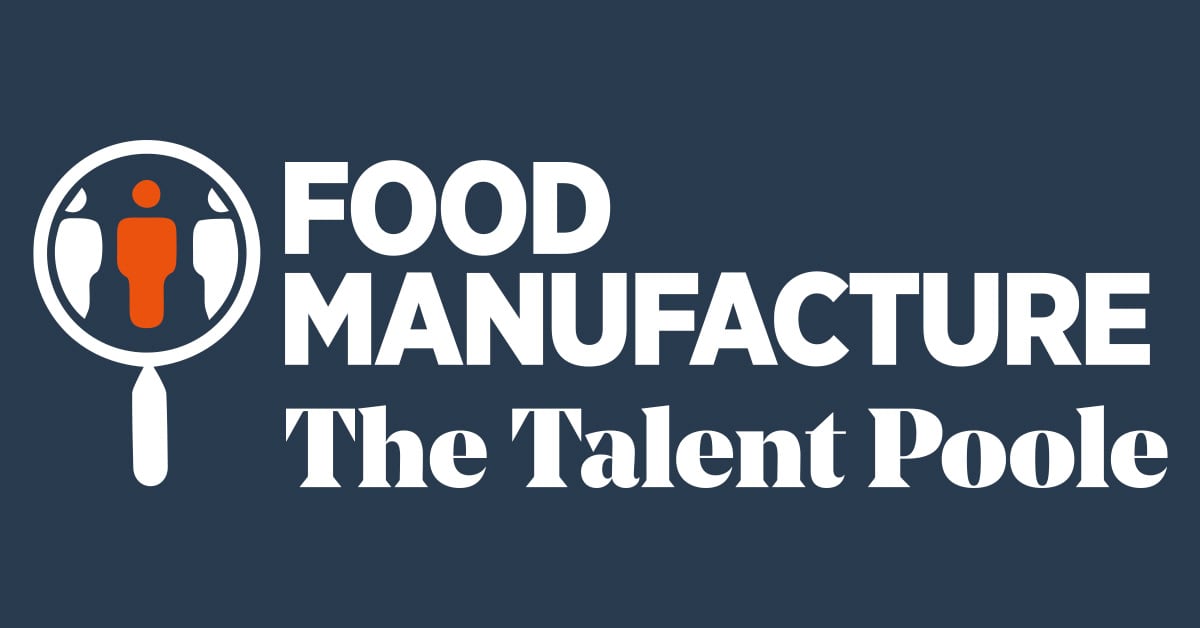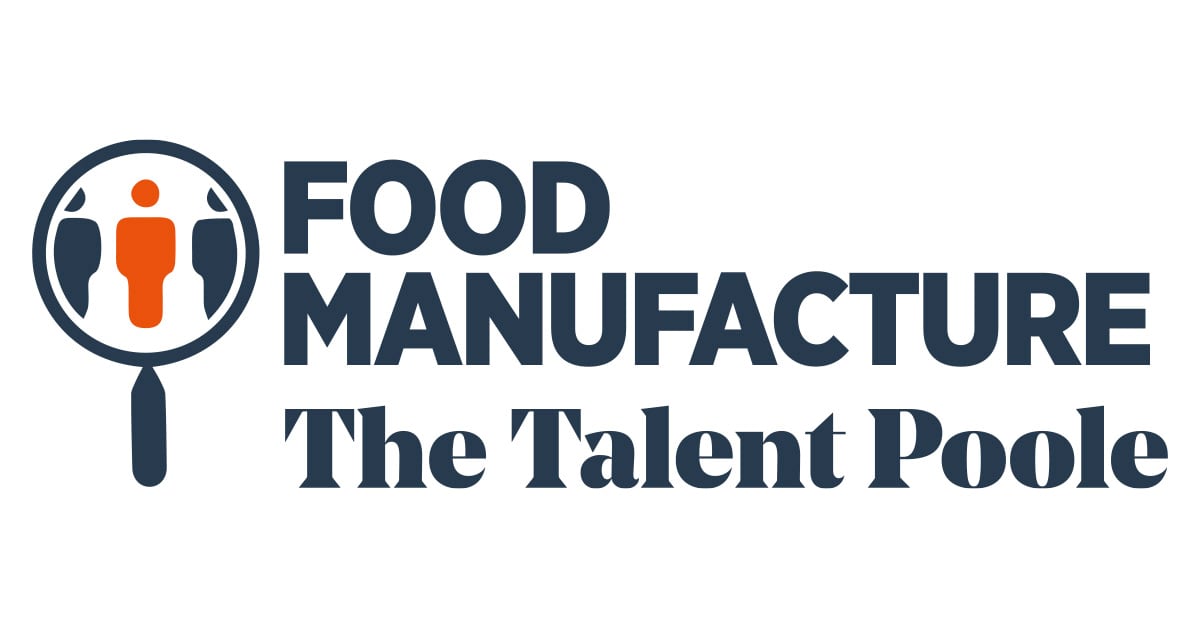Food Manufacture frequently reports on and hosts discussions over the chronic difficulties the food sector continues to face in trying to attract new talent. Hand-in-hand with this is the critical need to retain and develop those already employed in the sector.
One highly effective way to achieve this is through coaching and mentoring, as Flourish-in-Food founders Cameron Rigg and Claire Martino detail in this exclusive interview.
A compelling reason
The idea of using coaching principles from the world of sport within a business setting started as far back as the 1970s, but since the 90s has become more widely used. The food sector seems to have been relatively slow to adopt coaching as a development tool or to use the principles within day-to-day performance management, however.
There are probably many reasons for this, but given the huge benefits of coaching and mentoring – both in terms of performance improvement and to support individuals’ career development – there are compelling reasons why all food leaders should consider providing coaching or mentoring in some form.
It is hard to see why a leader wouldn’t offer coaching and mentoring, given it generally results in greater levels of motivation and performance; it strengthens the relationship between a manager and an employee, and tends to also result in improved levels of motivation and retention.
Martino agreed: “My personal experience of being coached has been really positive. It has helped me to realise things about myself. It’s helped me to prioritise and get my head straight over specific issues I knew I needed to overcome.”
Differences between coaching and mentoring
Some organisations use the terms ‘coaching’ and ‘mentoring’ almost interchangeably. That said, it is useful to distinguish between the two. Both are extremely useful and potentially result in beneficial outcomes but potentially serve different purposes.
Coaching can be described as an ongoing relationship, providing individuals and teams with the focus, support and motivation to achieve their highest levels of performance and potential. Especially when linked to day-to-day performance, coaching is generally provided by the individual’s line manager.
Mentoring, on the other hand, tends to focus more on an individual’s career path and development– and tends to be provided by someone removed from the individual’s day-to-day performance and line management.
Within Flourish-in-Food, the focus is on mentoring, as Rigg describes: “Our scheme is about supporting individuals’ career development. We are very careful about the matching process to ensure mentees are paired with volunteer mentors who will most closely align to the mentees’ needs. Mentees will inevitably be matched with a mentor from another organisation and so provide valuable external and independent insights.”
Getting the relationship right
For coaching or mentoring to be effective, it is critical that the coachee or mentee is in a mindset often referred to as ‘on-receive’ – that is, actively engaged in, and ideally driving, the process. Martino’s personal experience reinforces this: “The coachee has got to want to do this – they need to be aware of their issues. I recall, on one occasion, I wasn’t in the right headspace to coached or with a clear view of what I wanted to achieve. I just knew it wasn’t going to work.”
If they are going to be able engage in a truly open and honest relationship, the individual must fully trust their coach/mentor. This is generally easier when the mentor is independent of the individual’s direct line management. Where the coach is the individual’s line manager, the trust and openness can’t merely be turned on. It is essential that trust has already been established over, potentially many months or even years.
Rigg agreed: “There has to be a sense of trust and openness. The mentee needs to feel it is a safe environment to be willing to open up. If not, they are not going to be able to get the best from the intervention.”
Having a clear objective
Whether it’s part of a coaching or a mentoring relationship, it all starts with having a clear objective. This then becomes the focus for subsequent discussions and any agreed actions. Without this focus, discussions may still be positive but will lack any direction and potentially risk drifting off-topic.
Martino reflected: “A mentee needs to be committed to change something. They need to ask themselves – ‘what’s my objective for needing the mentoring?’ They then need to keep reminding themselves of this objective throughout the process.” Of course, once an objective has been properly articulated, a good coach or mentor can also prompt the individual back to this focus when needed.
The skills of a good coach and mentor
An interesting aspect of being a coach and, perhaps, distinct from being a mentor, is that you do not need to be an expert in the field in which you are coaching. It obviously helps to understand the environment in which the individual is working but the main role of a coach is to question, focus and challenge the coachee’s thinking – not to give their own opinions. So, what is needed, in bucketloads, is the ability to ask probing and, sometimes, challenging questions to help the individual to focus. Interestingly, the purpose of questioning in this situation is not necessarily about wanting to hear an answer. It is about encouraging the individual to think about things in different ways and, therefore, engender a greater sense of personal responsibility.
Cameron Rigg (he/him/his) is a product development manager at Tesco, and co-founder of Flourish in Food - and a proud Northerner!
Having studied Food and Nutrition at Sheffield Hallam University, he has spent the last eight years working in development and commercial roles across Pizza Hut, Co-op and now Tesco where he is responsible for the recipe development.

Personal and career development is incredibly important to Cameron, and having had the support of fantastic mentors throughout his fairly short, but perfectly formed career, he co-founded Flourish in Food.
Flourish in Food is a voluntary scheme, ran by a team of industry professionals with a shared aim of supporting and nurturing the talent the food industry has to offer. The scheme supports both students and those already in the industry, by ‘matching’ them with a mentor that can support their career development and aspirations.
His particular focus within the Flourish team is students and ensuring that they are provided a platform that supports them to realise their full potential, and support them as they enter what can be a daunting first job in the industry. As an advocate for diversity & inclusion, and proudly identifying as a gay man, ensuring students from underrepresented backgrounds feel they have a voice within the industry is incredibly important to Cameron also.
Claire Martino
After studying languages and business at Wolverhampton University and a short stint working for a Structural Adhesives and Tooling Resin manufacturer setting up a European Customer Help Desk, Claire has spent her career working for leading chilled prepared food manufacturer, Bakkavor, in a variety of marketing, category and insight roles, starting as a market analyst and currently co-leading the team as head of marketing.
Her role is very centred around ensuring the needs of the shopper, changes in consumer behaviours and the latest market trends are represented in the decisions we make, as well as leading and supporting the marketing team.
Passionate about personal and professional development, she joined the Flourish in Food Mentoring scheme initially as a mentor, and then as part of the team as the scheme evolved out of an early years focus into one that pairs mentors /mentees within the industry at any stage of their career. The Flourish scheme gives her an opportunity to connect mentees and mentors to help them further their own development, whilst also providing her with personal growth, whether its leveraging or honing her skills, growing her connections or learning from the various networks that Flourish interacts with across the diversity of the food industry.
Of course, these same questioning skills are an essential part of an effective leader’s toolkit; and so mastering these will ultimately enhance any manager’s empowering style of leadership.
“The fundamentals for a mentor are being a good listener to ensure that they really understand what the mentee is asking,” added Martino. “They also need to have a growth mindset, being supportive and, of course, having relevant experience to share. As the mentor is entering into a longer-term relationship with their mentee, they also need to be adept at creating and maintaining successful relationships.”
The joy of giving
It may appear as if the coaching or mentoring relationship is a one-way street directed towards the growth and development of the individual. However, my own experience and that of other coaches and mentors I’ve met, is that the role of being a coach or mentor can, itself, be incredibly rewarding and beneficial for their own personal development.
Martino elaborated: “Although not something we particularly match people for, we do get a lot of feedback from mentors about how they have benefitted from ‘reverse mentoring’ – that is, the mentee giving perspectives or even support to their mentor. Aside from this, we’ve seen how mentoring can boost a mentor’s confidence or give them fresh perspectives through the younger mentee’s pair of eyes.”
Longer-term perspective
Most training interventions tend to be short-term or one-off events. A real benefit of coaching and mentoring is that it is an ongoing relationship. Typically, the mentor or coach will meet with the
individual every few weeks to progress their discussion and agree further actions. This makes coaching particularly useful for developing skills or behaviours requiring longer-term solutions.
This longer-term relationship is also what Flourish-in-Food aims to achieve, as Rigg explained: “We normally expect our mentoring relationships to run for around six months, although some may continue longer. Once they have run their course through the mentoring arrangement, we hope that mentors and mentees will still keep in touch – perhaps not in such a structured way, but by becoming a part of each other’s networks to call on as needed.”




